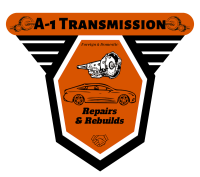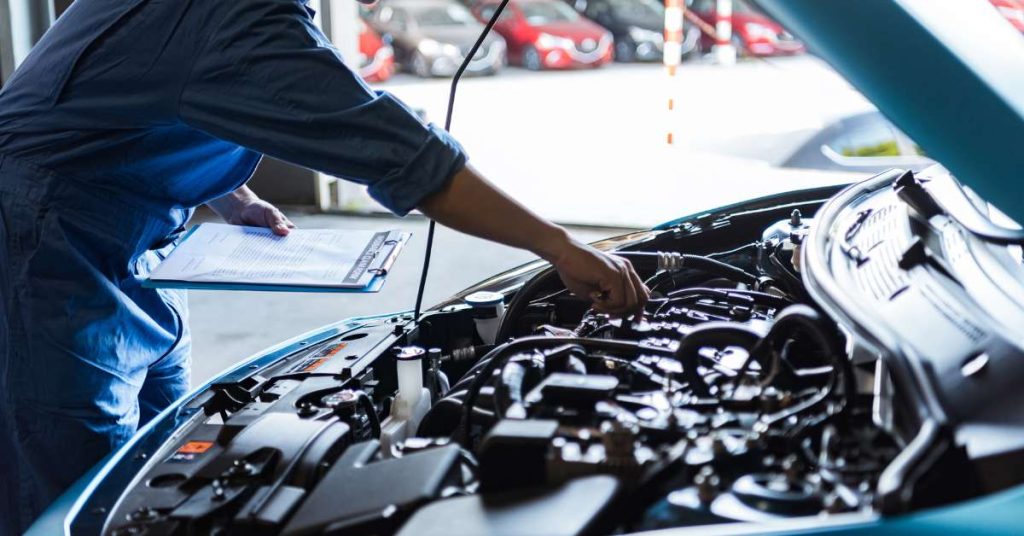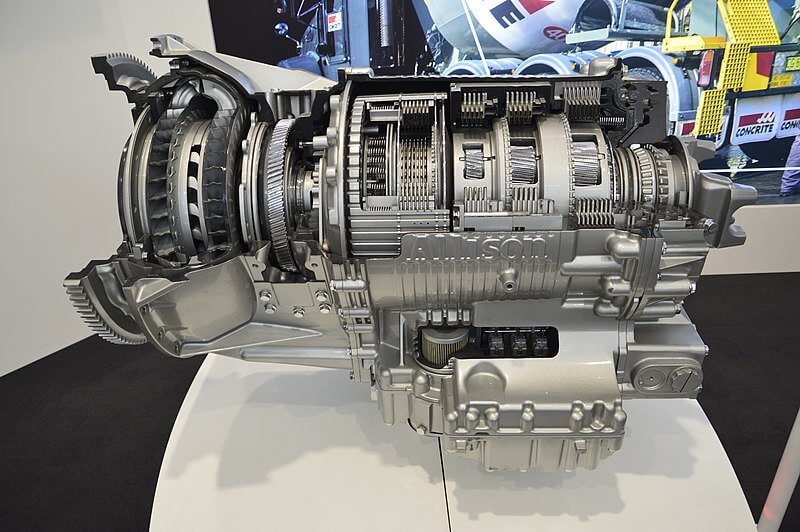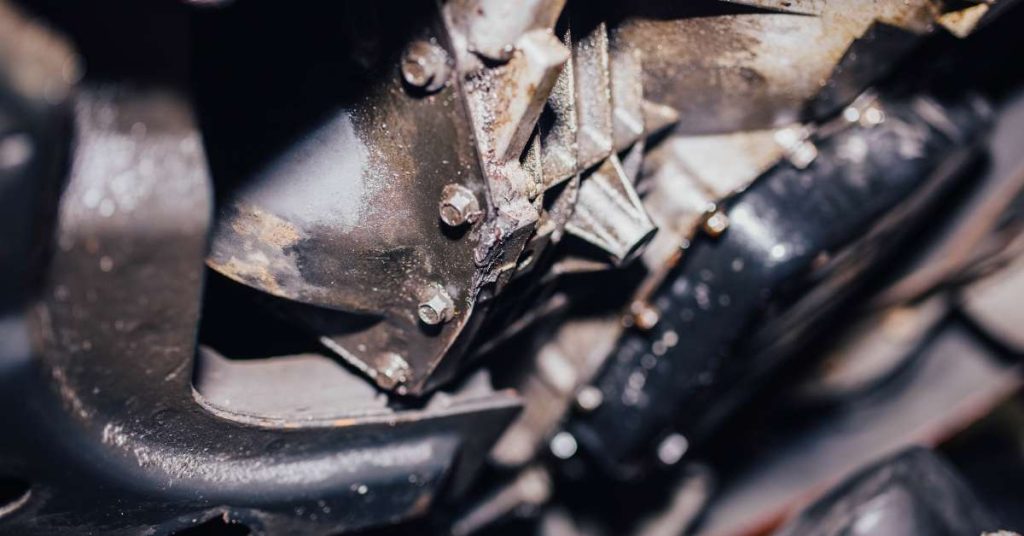When faced with a transmission problem, finding the right repair shop is a crucial decision. Not all transmission shops are created equal, and choosing the wrong one can result in subpar repairs, unnecessary expenses, and a headache that could have been avoided.
In this detailed guide, we will provide you with a comprehensive checklist of key questions to ask when searching for the best transmission repair shop, ensuring you make an informed decision that meets your specific needs.
Key Considerations When Choosing a Transmission Repair Shop
1. Experience Matters:
The longevity of a transmission repair shop in the industry is often a testament to its expertise. Inquire about the number of years the shop has been in business and the proportion of that time dedicated specifically to transmission repairs. A well-established history in the field suggests a wealth of experience and exposure to various transmission issues, making the shop more adept at handling complex problems.
Additionally, delve into the types of transmissions the shop has experience with. Some shops may specialize in automatic transmissions, while others excel in manual transmissions or both. Knowing their specialization ensures that the technicians are well-versed in the specific type of transmission your vehicle requires.
2. Technician Training Standards:
The qualifications and ongoing training of the technicians directly impact the quality of the repairs. Inquire about the certification and training standards for the shop's technicians. Reputable transmission shops prioritize continuous training for their staff to stay abreast of the latest technologies and repair techniques.
Ask about any affiliations with industry organizations or if technicians hold certifications from recognized institutions. This not only reflects their commitment to excellence but also assures you that your vehicle is in the hands of professionals with up-to-date knowledge.
Probe deeper into the training programs the technicians undergo. Are these programs manufacturer-specific or more general? Understanding the depth of their training helps gauge the shop's commitment to staying at the forefront of transmission repair technology.
3. Warranty Coverage:
Warranty coverage is a key indicator of a shop's confidence in the quality of its repairs. Inquire about the warranties offered on both labor and any replacement components. A shop that stands behind its work will likely provide a reasonable warranty period, giving you peace of mind regarding the durability of the repairs.
Pay attention to the specific terms and conditions of the warranty. Some warranties may have limitations based on mileage or exclude certain types of damage. Understanding these details ensures that you have realistic expectations and know what to do in case issues arise after the repair.
Consider asking about the process for warranty claims. A transparent and customer-oriented shop will have a straightforward process for addressing any concerns covered by the warranty, minimizing inconvenience for the vehicle owner.
4. Pricing Transparency:
Pricing transparency is crucial for avoiding unexpected costs. Transmission repair costs can vary significantly between different shops, and understanding the cost structure is essential before committing to any repairs. Ask for a detailed breakdown of the costs associated with the transmission repair, including labor, parts, and any additional fees.
Moreover, inquire about pricing tiers for different levels of service. Some shops may offer quality rebuilds, while others may focus on more budget-friendly component swaps. Knowing your options allows you to make an informed decision based on both the quality of the repair and your budget constraints.
Consider discussing the shop's policy on providing written estimates. A reputable shop should be willing to provide a detailed, written estimate before starting any work. This document should outline the scope of the repair, the cost of labor, and the prices for any replacement components.
Having a written estimate protects both you and the shop, ensuring clear communication and preventing surprises.
Crafting Your Interview: Asking the Right Questions
Now that we've outlined the key considerations, let's structure these questions into a more detailed interview format that you can use when contacting transmission shops.
Introduction:
"How long has your shop been in business, and what percentage of your work involves transmission repairs?"
"Can you provide detailed information on the training and certifications of your transmission repair technicians, including any affiliations with industry organizations?"
Technician Specialization:
"Do your technicians specialize in a particular type of transmission, such as automatic, manual, or both?"
"Can you elaborate on the specific training programs your technicians undergo to stay updated on the latest transmission technologies and repair techniques?"
Warranty Coverage:
"Can you provide more details about the warranty coverage for your transmission repairs, including both labor and replacement components?"
"What is the process for warranty claims, and how do you ensure a smooth experience for the vehicle owner?"
Pricing Transparency:
"Could you provide a detailed breakdown of the costs associated with the transmission repair, including labor, parts, and any additional fees?"
"Do you have a policy on providing written estimates, and how does this help in ensuring transparency and avoiding surprises for the customer?"
Importance of Choosing the Right Transmission Shop
Choosing the right transmission repair shop is not just about finding a quick fix for your immediate issue; it's an investment in the long-term health and performance of your vehicle. Here's why making an informed decision is crucial:
Quality Repairs Ensure Longevity:
Opting for a shop that prioritizes quality rebuilds and uses high-grade components ensures that your transmission repairs will stand the test of time. Cutting corners on repairs might lead to recurring issues, costing you more in the long run.
Peace of Mind with Warranties:
A robust warranty provides peace of mind, indicating that the repair shop is confident in the durability of their work. If issues arise after the repair, you can have them addressed without incurring additional costs.
Avoiding Unnecessary Expenses:
Transparent pricing helps you avoid surprise costs. Understanding the breakdown of expenses allows you to compare quotes from different shops and choose the one that offers the best value for your investment.
Expertise for Complex Issues:
Transmission problems can be complex, and having a skilled and experienced team working on your vehicle increases the likelihood of an accurate diagnosis and effective repair. Trusting your vehicle to experts reduces the risk of misdiagnoses and unnecessary repairs.
Conclusion
In conclusion, selecting the right transmission repair shop is a crucial step in ensuring the longevity and performance of your vehicle. By asking key questions about experience, technician training, warranty coverage, and pricing transparency, you empower yourself to make an informed decision.
Use the detailed interview format provided to guide your conversations with potential repair shops, and don't hesitate to seek multiple quotes for comparison. Making the right choice now can save you time, money, and stress in the future, and ultimately, keep your vehicle running smoothly.
Remember, the extra effort invested in researching and selecting the right transmission shop pays off in the form of a reliable and well-maintained vehicle.




